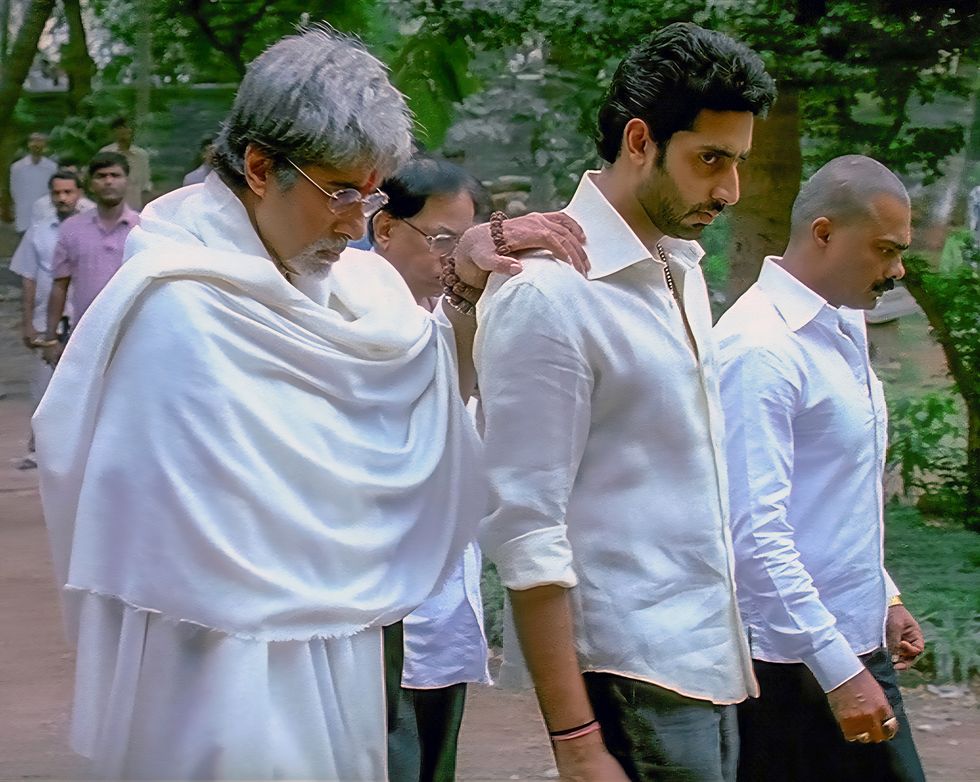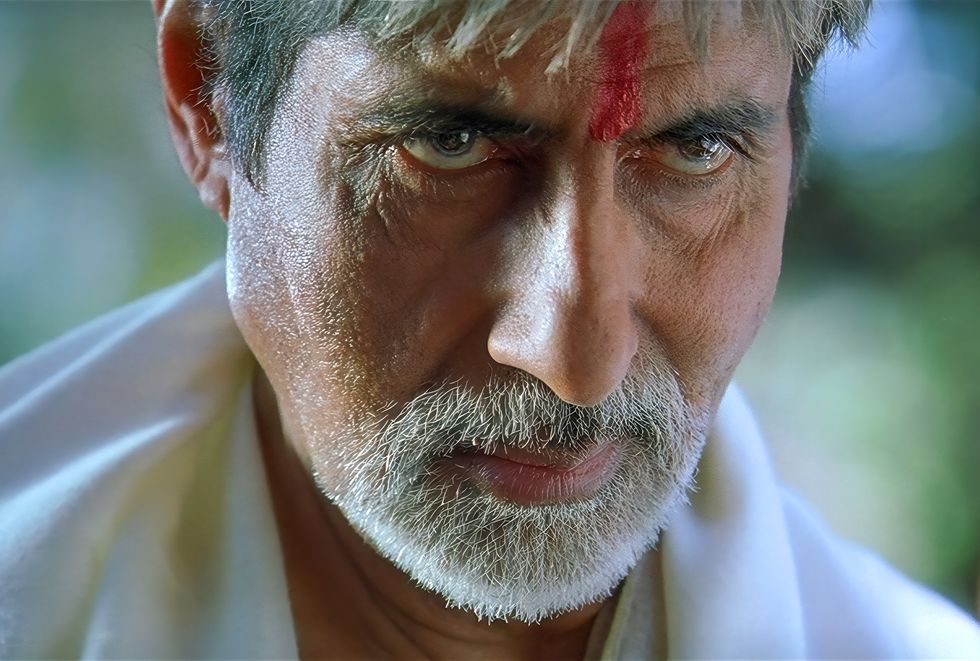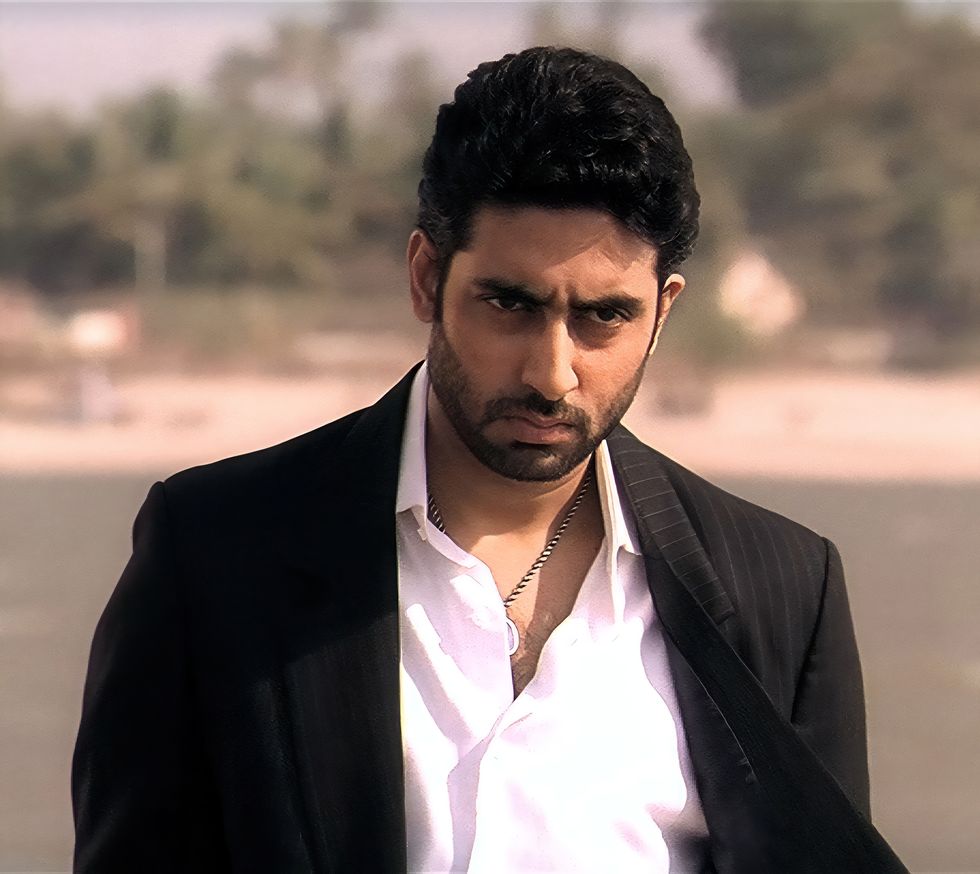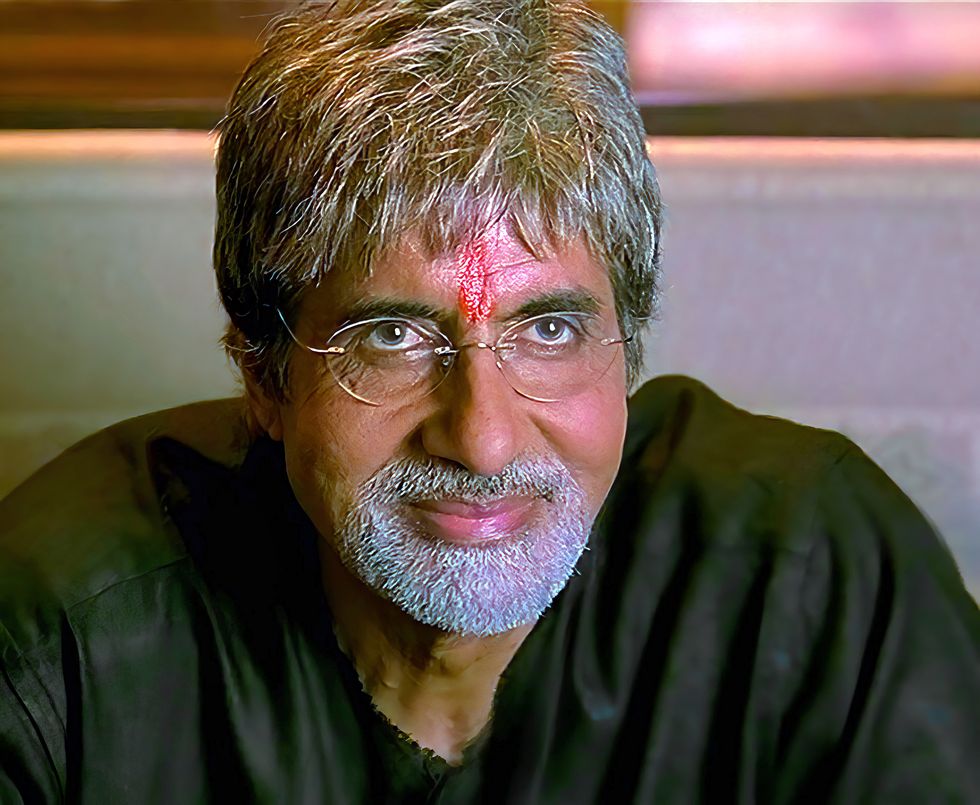NAZIA KHATUN’S EXPERT NUTRITIONAL GUIDE ON HOW TO BE FULLY PREPARED FOR THE HOLY MONTH
MUSLIMS all around the world have been getting ready for the holy month of Ramadan.
This is the most scared month for Muslims, where we come to honour the time of God revealing the first verses of the Quran.
Some will enter the most important time in the Muslim calendar prepared, while others will just about survive the long days without any food and water.
But Ramadan is more than only refraining oneself from eating and drinking; it is also about commitment, dedication, purifiation, instilling new habits, controlling ones desires, negative habits and ill-mouthing anything or anyone.
This year, I am entering Ramadan slightly better equipped. I have slowly been easing off my meals during the day and mentally releasing any emotional baggage, so I can benefit from the spiritual month.
The word Ramadan originates from the Arabic word Ramida, which translates into ‘to be burnt or scorched’. The month of Ramadan is precisely that, where we ask God to forgive us by burning away our past sins and acts of wrongful doing. This fits in very well with the testing summer heatwave around the world.
The way in which we enter this blessed month is just as important as the month itself. The body and mind is a powerful machine, and if we train it properly we can reap more benefits and rewards at the end. The end goal for me is to feel glorified and victorious as well as a deep mental and physical cleanse.
Many of us in modern society forget that the mind, body and soul is all connected to the way we eat, act and behave. The increase of heart-related diseases, diabetes and many other illnesses are increasing, so now is a brilliant time to reflect on how we are treating ourselves when it comes to our own health and fitness.
With that in mind, her are some key tips for Ramadan...
Understand your body:
WE ALL have a body, it is the only home we will ever possess which goes everywhere with us. We either keep it clean or treat it bad.
If we can understand that the body we own is a gift from our lord almighty and one day we have to return the gift, maybe we can take care of it more than we do now.
As a fitness coach, I know that my body needs love. It needs to be honoured and respected in the same way I would if I received a very expensive gift from a friend or family member. This can be done in the way we eat, exercise, think, act and behave.
We must remember everything stems from the nourishment we give to our bodies. Let’s take a plant for example; in order for it to grow or give us the fruits, we must look after its roots so the branches grow strong. It needs water, sunlight and care to flourish.
The same applies to the body, but with the fast-paced society our sources of nutrition can easily get confusing. So it is vital to understand what gives us more energy and what depletes it.
Ramadan is a great place to start to have a cleanse of all the toxins that have been building up in the body. It’s a great time to give the digestive system a rest so it can work better and digest what you eat more properly.
There are times when your hunger will test you, so eating correctly during Suhoor and Iftar time is critical. We do not want to be thinking about what we will be eating the whole day as this defeats the purpose of us fasting and staying in the heightened spiritual vibration.
One of the most common mistakes people make when fasting is eating greasy food, too many complex carbohydrates and food high in sugar content. This will leave the body feeling lethargic and fatigued.
I recommend before Ramadan you cut down on the unhealthy foods so your body does not go into shock on the first few days. This will also help you get into a flow without the headaches and tiredness.
What not to eat:
AVOID white foods like bread, pasta and rice if possible. Anything that is flour-based should be avoided as the nutrition is stripped away.
Instead, try having brown rice and wholegrain-based food. Things like cereal, muesli and cereal bars should be avoided if you want a successful day of fasting.
These products and similar things are high in sugar, which you do not need in your body. It will easily tire you out and spike your blood sugar levels. Also get rid of processed and greasy foods. Every culture has a favourite popular traditional dish, the one meal that no one has control over when it comes to discipline.
The samosa is my all-time favourite. I am not saying you can never have it, just find a different way of cooking it. Baking instead of frying will save the family from clogging their arteries.
Iftari tips:
IFTARI is the most anticipated time for every Muslim household, with the countdown and mountain of food piled up on the plate just waiting for the Adhan to go so we can eat.
This is the last part of patience, and most people eat so quickly instead of enjoying the food as they bite it. Most people will also be eating the most fattiest of foods. During Ramadan time, both the rich and poor have more and better quality of food. It’s a special occasion every day of that month, but go easy. Eating slowly is imperative. When it is time to break the fast, it is sunnah to drink water and dates, just like our Prophet (pbuh) did.
Hydrate: The body has been dehydrated for almost 20 hours and we must first hydrate it.
Great dates: The date is a good source of various vitamins and minerals. It’s a good source of energy, sugar and fibre. Essential minerals such as calcium, iron, phosphorus, sodium, potassium, magnesium and zinc are found in dates.
It also contains vitamins such as thiamin, riboflavin, niacin, folate, vitamin A and vitamin K. Together with water, this triples the effects of hydration for the body. This is brilliant because the body needs an easily available energy source in the form of glucose for every living cell, particularly the brain and nerve cells.
Plan: Iftar needs to be planned ahead, and a little planning goes far. You do not want to be spending the whole day in the kitchen. We must pay attention to our salah and do ibadah during this holy month. Write down what you intend to cook the next day and you will save a lot of time.
Keep it simple: The best things you should be eating at this time are simple foods. Don’t go crazy on mixing everything up that is laid in front of you. The digestive system is getting reset so we do not want to place a heavy emphasis every day.
Great foods: Focus on water-based foods such as cucumber, melons, tomatoes. Salads is a great start for every Iftar time. Ensure to have protein-based food on the plate; choose from chicken, beef, fish, lamb (always eat the protein on the plate first before you work your way through).
Other good foods are lentil soup, vegetables like broccoli, spinach, broad beans and cabbage, chick peas, brown rice, cous cous, avocado, nuts, and fruits such as banana, melons, kiwis and clementines. Eat fruits at the end to facilitate digestion.
Suhour time:
THIS is the early breakfast, also very critical in the way your fast will go during the day. This is not the time to eat empty-based caloric foods like your cereal or toast.
If you can stomach it, eat a similar thing to what you had at dinner time. That way you are fuelled with carbs, protein and good fats. If not, you should focus on eating products like:
- Porridge with honey, or berries or peanut butter. This is a great slow-releasing food, which will keep you full for a long time.
- Dates are again a great source of energy release.
- Wholegrain-based foods such as brown rice and rice cakes is also good to eat.
- Drinking two litres of water during Iftar time can leave you feeling bloated and uncomfortable. Sip the water slowly. Carry a litre bottle with you when you go to do Taraweeh prayers. An hour is enough to feel rejuvenated and hydrated but don’t gulp it down in one go.
- If you feel your muscles are cramping, add a pinch of sea salt to the water to ease the cramps. Coconut water is another little tip you can get into the habit of drinking. It helps to reduce blood pressure, triples the hydration levels, is rich in nutrients and good for the skin. Coconut water is also very powerful for the athletes who will be carrying on with their workouts.
Join me for exercise:
LONG hours of fasting can be exhausting and tiring, but this is not an excuse to not use your body.
I want you to think of your body in terms of movement. Thirty days is enough for your joints and limbs to get rusty and for you to get stiff. I intend to go for my daily workouts after prayers, whether it be a jog or a 15 minute circuit training at home.
Every year I run a Facebook exercise accountability group. The aim of your exercise sessions is to leave you feeling a little energised and prepare you for the next day. With anything, you have to change your existing workout routine. You will not be able to lift as heavy as you did pre-Ramadan, so think light weights and increase the reps a little.
Ramadan for me is like the best training camp for mindset and resetting habits to enhance my spiritual and religious growth. It is the perfect place to know exactly where you are with life so you can aim higher. It is also the best ever course you can take for discipline, commitment, dedication and motivation.
- Visit www.naziakhatun.com for more





 Lunchbox is a powerful one-woman show that tackles themes of identity, race, bullying and belongingInstagram/ lubnakerr
Lunchbox is a powerful one-woman show that tackles themes of identity, race, bullying and belongingInstagram/ lubnakerr She says, ''do not assume you know what is going on in people’s lives behind closed doors''Instagram/ lubnakerr
She says, ''do not assume you know what is going on in people’s lives behind closed doors''Instagram/ lubnakerr








 He says "immigrants are the lifeblood of this country"Instagram/ itsmetawseef
He says "immigrants are the lifeblood of this country"Instagram/ itsmetawseef This book is, in a way, a love letter to how they raised meInstagram/ itsmetawseef
This book is, in a way, a love letter to how they raised meInstagram/ itsmetawseef
 The crew of The Ministry of Lesbian Affairs
The crew of The Ministry of Lesbian Affairs
 A still from Sarkar, inspired by 'The Godfather' and rooted in Indian politicsIndia Glitz
A still from Sarkar, inspired by 'The Godfather' and rooted in Indian politicsIndia Glitz Sarkar became a landmark gangster film in Indian cinemaIndia Glitz
Sarkar became a landmark gangster film in Indian cinemaIndia Glitz The film introduced a uniquely Indian take on the mafia genreRotten Tomatoes
The film introduced a uniquely Indian take on the mafia genreRotten Tomatoes Set in Mumbai, Sarkar portrayed the dark world of parallel justiceRotten Tomatoes
Set in Mumbai, Sarkar portrayed the dark world of parallel justiceRotten Tomatoes Ram Gopal Varma’s Sarkar marked 20 years of influence and acclaimIMDb
Ram Gopal Varma’s Sarkar marked 20 years of influence and acclaimIMDb
 The statues were the product of a transatlantic effortGetty Iamges
The statues were the product of a transatlantic effortGetty Iamges